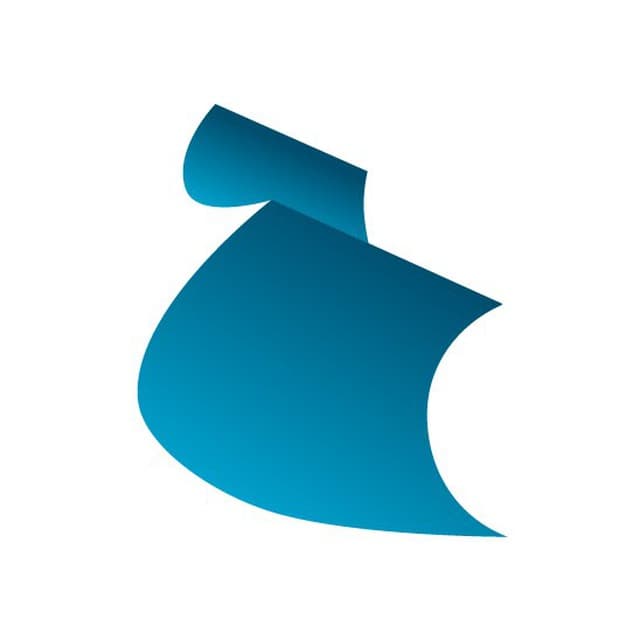Mitxelena workshops: Machinery for reflection
- Over the past four years, the workers at the Mitxelena workshop have reflected on the cooperative world. Three evaluation and awareness sessions have been held on this work model that they have “received” from the creators of the cooperative and their families. Sometimes they have come to work in hours of free time to receive training and discuss, and others have stopped the machines to do that reflection. They have a creative team that contributes to increased participation and involvement in the company and the next step is to analyze the internal regulations and statutes to decide which cooperative model they want to have.

“To be talking about cooperativism between the workshop workers or what impact the cooperative world has or what models of cooperativism exist... that has been very new for us and for that reason the machines have stopped”, explained the workers of Mitxelena Workshops. They say that the cooperative was not created by them and that sometimes there is a risk of not valuing what has been done. In fact, the company was founded in 1957 and in the 1990s the workers became owners, adopting the legal form of SL. The cooperative became the year 2000.
But also from the workshop work one can think that one can build a world of one kind or another, depending on how they define their activity: “Our job is to mechanize very large pieces. We are, in part, a service company: who makes the commission puts the piece and makes the plan. We are specialists in mechanizing and what differentiates us is that we make a single piece, we never serialize it. It is the workers who are on the machine who shape the piece and who schedule it: in the sector the trend is exactly the opposite, the systematization, the scheduling of one person and the delivery of the machine for another, without knowing what it does. We don’t want that, for many things: for the person who is up to the machine, because automation is out of our philosophy and we don’t see ourselves in the market, because that leads to other negotiations and other forms of customer relationship, and we don’t want that.”

Recognition of creators and family members
In September 2019, the last creators’ worker retired, and on the occasion of the celebration, a soka-dantza paid tribute to the creators and their families. “We were very clear that we should also thank those of the house, because at that time it would not have been possible for the creators to be 12 hours a day, if others had not been holding the house.”
The workers who have known the cooperative running to start working on it say that it is necessary to become aware: “When you haven’t done the job of creating, you often don’t appreciate it. That is why we have begun to reflect, to debate, to become aware of cooperativism. Otherwise, it seems that the cooperative is to distribute when there is money and go to the assembly, but without actively participating”. Reflections are taking place over the past four years:

Stop the machines and reflect
Workshops Mitxelena was one of the first to implement the “Erakide” tool led by the Farapi cooperative. Erakide makes a diagnosis of the company's situation in the field of social co-responsibility, analyzing points by point aspects such as participation, equality, relations with suppliers... “Through the Erakide tool, we spent two-thirds of the workers in the debates of small groups,” they explained. After this process, two priority themes were selected among all: internal communication and participation. And among the ways to encourage participation came the idea of the creative group (in the article we will explain below what it is).
Following this process with Farapi, three sessions were held with the Gezki Institute of the UPV/EHU. In one of them, Gezki explained to them the history of cooperativism, in another of the sessions they explained the consequences of being a cooperative, and in the third they explained to them what is affecting the world of cooperativism and the cooperative model there is. “After these sessions, everyone shares their ideas and a debate arises naturally, for example, what governance we want, where we see our gaps, the desire to increase participation…”.

What does the creative team do?
“We saw that to feel part of the project, the key is action, that is, it is not enough to think in the assembly, that doing something is what really makes you participate.” To do so, they created a creative team in which any worker can join together to propose and execute a project. From the elaboration of the creative group, the ventilation and heating system was renovated, and now we are reflecting on the common spaces: the use given to the kitchen, what needs are seen... “The people interested in this project carry it out: they propose it, expose it to the other colleagues in the assembly and execute it. And those people feel part.”
Stopping the machines and reflecting on cooperativism has entailed changes in the Mitxelena Workshops: forming a creative team, carrying out different projects, increasing involvement... and the next step will be to renew the internal regulations and statutes: “We are conducting a participatory process to renew internal regulations and statutes. Now is the time to discuss what kind of cooperative we want to be.”
FICHE

What it does: Mechanize very large pieces.
Created: 1957.
Number of members and employees: 30 workers, 27 of whom are partners.
Contact: info@talleresmitxelena.com / 943 55 25 12
Location: Hernani.























